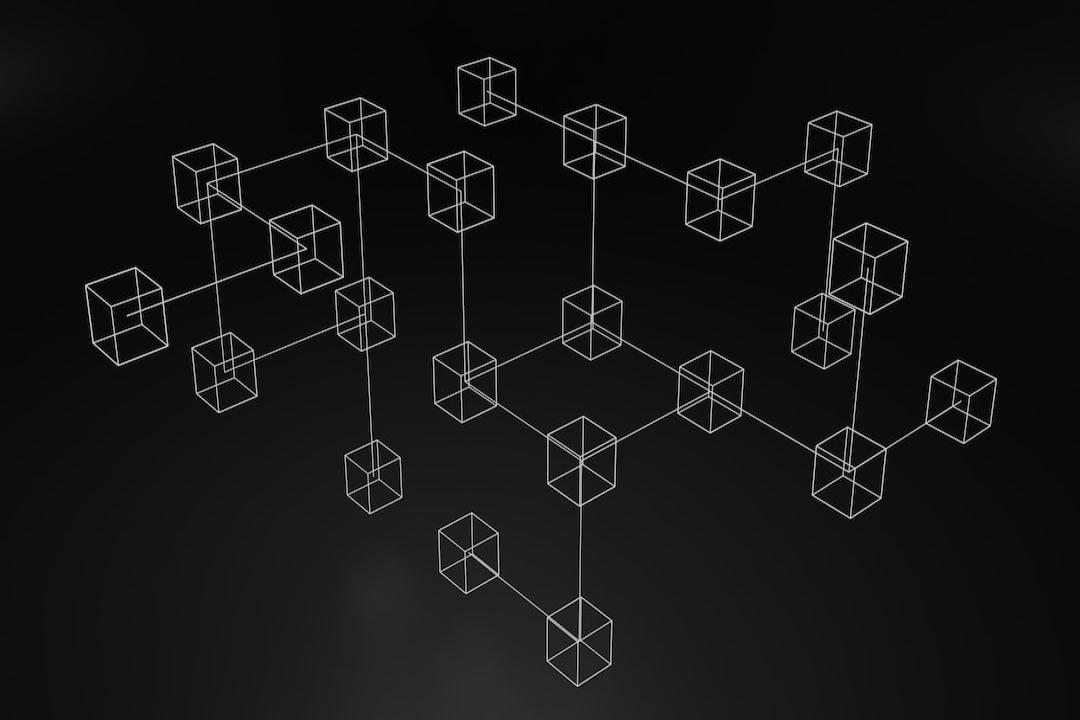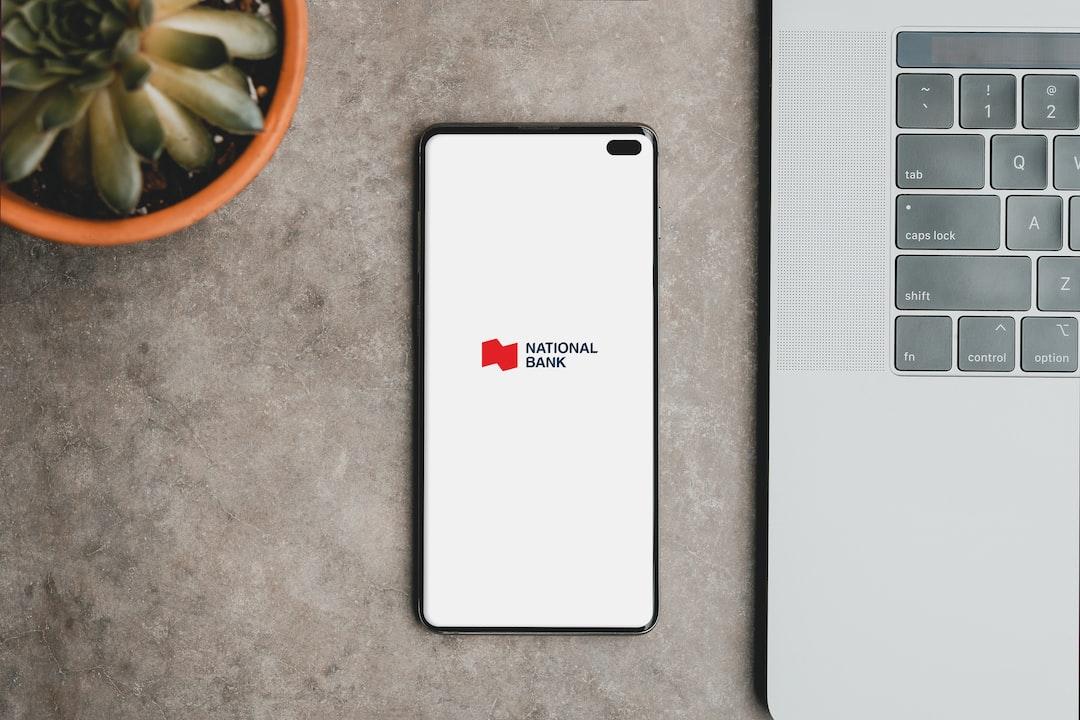Despite the bankruptcy of FTX, Solana continues to perform strongly and has recently announced the latest iteration of its SPL token standard, called “Token Extensions,” to assist businesses in their transition to the blockchain. This innovation will provide various token functionalities, including confidential transfers and transfer hooks. In addition, Paxos and GMO Trust have both adopted Token Extensions to issue stablecoins.
Following the bankruptcy of its major backer, FTX, Solana, which has shown a strong recovery over the past year, continues to thrive. Its commercial development capabilities have been recognized, with payment giants Visa and Mastercard choosing to collaborate with Solana in the past 12 months. Paxos has also launched a new stablecoin, USDP, on the Solana network.
Yesterday, Solana announced the latest iteration of its SPL token standard: Token Extensions, aimed at helping businesses undergo digital transformation and providing security, compliance, and other services on the Solana network.
Token Extensions Enhancements:
According to the announcement, Token Extensions were developed in collaboration with large regulated institutions. They connect to Solana applications through standard interfaces, allowing the creation of specialized tools and functionalities at the token level. This plug-and-play, regulation-compliant, multi-functional token functionality significantly reduces development time and resources.
Anatoly Yakovenko, the co-founder and CEO of Solana, stated that “Token Extensions build on the characteristics that make Solana an ideal destination for developers.” The announcement listed seven main features of Token Extensions and their potential use cases:
1. Confidential Transfers: Protects the confidentiality of user balances and hides transaction amounts during transfers. Applications include on-chain salaries, B2B payments, and fund management.
2. Transfer Hooks: Empowers token issuers to control which wallets can interact with their tokens and how tokens interact with users. Use cases include KYC verification and copyright enforcement.
3. Transfer Fees: Allows protocol-level fee collection. Applications include perpetual royalties, publisher fees, and transaction fees.
4. Permanent Authorization: Grants programs irrevocable permissions over tokens. Use cases include automatic subscription services, real-time updates of real-world assets, and regulatory compliance for stablecoins (including freezing and seizure orders).
5. Metadata Pointer: Establishes verifiable connections between tokens and metadata. Use cases include token verification and accounts receivable attribution.
6. Default Account Status: Configures and enforces token account permissions. Use cases include KYC verification.
7. Non-Transferable Tokens: Prevents token ownership reassignment, excluding the issuer. Use cases include managing external databases, non-transferable NFTs, or other assets’ minting.
Solana’s ecosystem sees many new business cases emerge. The announcement highlighted that in Q4 of last year, the Solana network processed 40.7 million user transactions per day, making it the most popular non-EVM chain for new developers.
Over the past year, in addition to Visa and Mastercard partnering with Solana, new business cases have emerged, such as Helium’s decentralized wireless network and Boba Guys’ Solana-powered loyalty program with multiple branches in the United States.
Furthermore, there are already cases implementing Token Extensions. For example, Paxos recently leveraged technologies such as permanent authorization, metadata pointers, and transfer hooks to launch their stablecoin, USDP, while stablecoin issuer GMO Trust introduced the first regulated Japanese yen stablecoin and its USD stablecoin on the Solana network, utilizing permanent authorization, default account status, and metadata pointers.
In response to these developments, Anatoly Yakovenko stated:

Related Articles
Solana Foundation Report: 2023 Ecosystem Overview and Latest Development Tools
What is the Bitcoin Cross-Chain Bridge “Shell Trade”? Integrating BTC and Solana Ecosystem, Expanding BRC20 Support
Understanding Solana in Depth: Accounts, Tokens, Transaction Assets, and How They Differ from Ethereum


